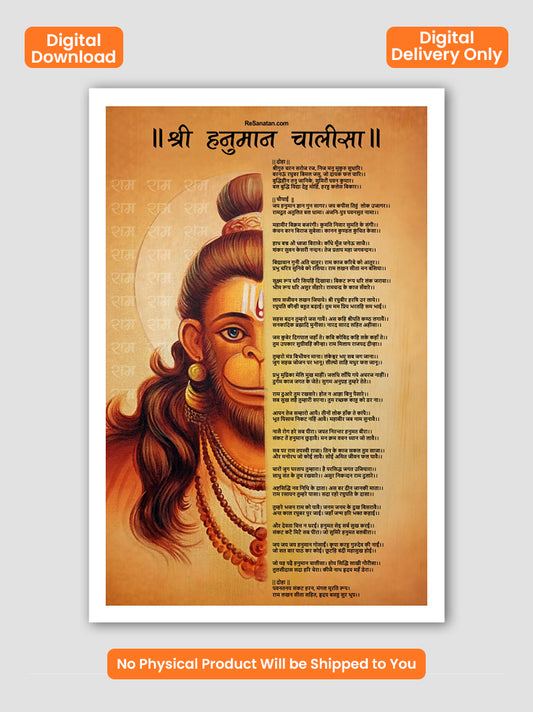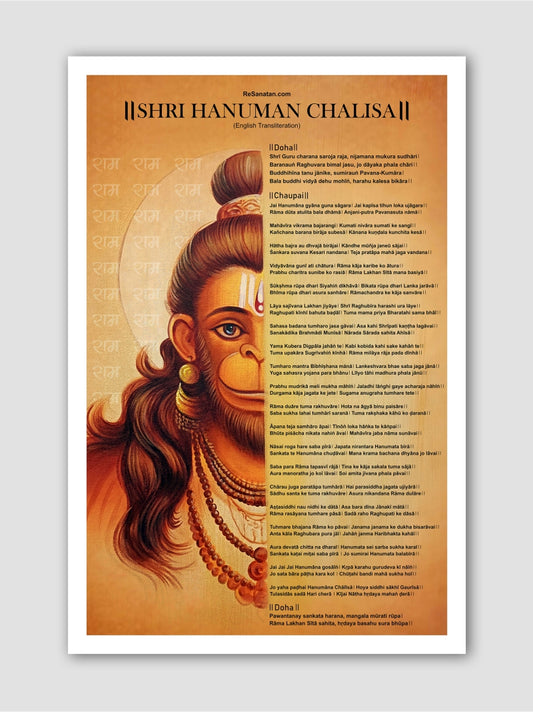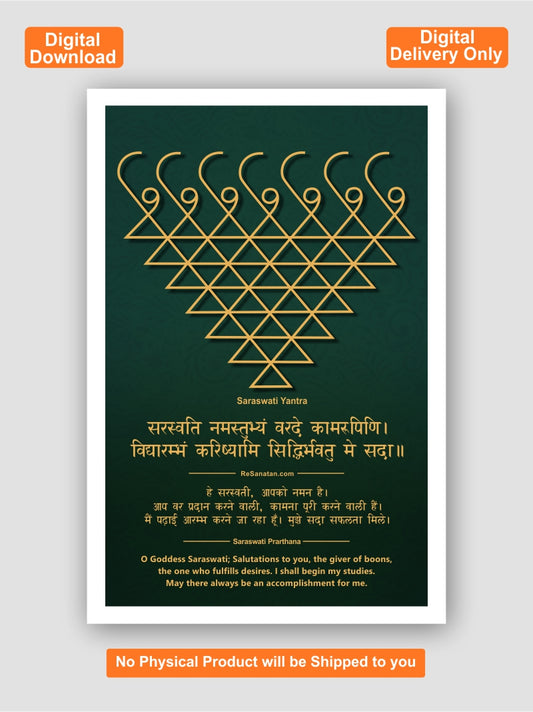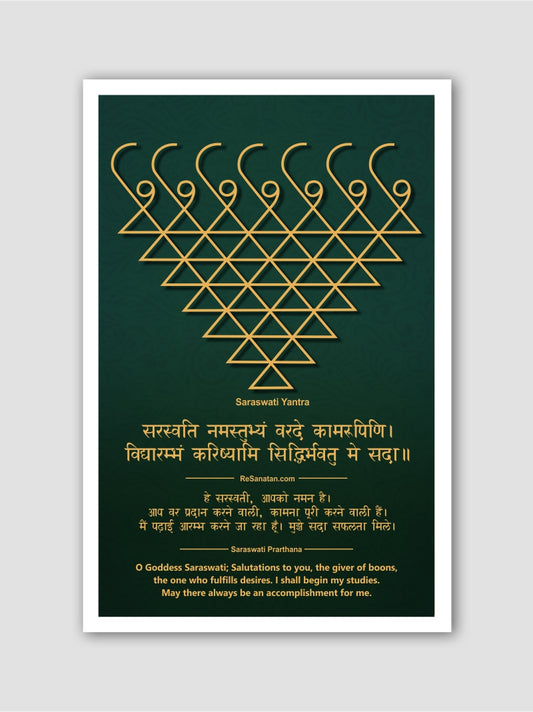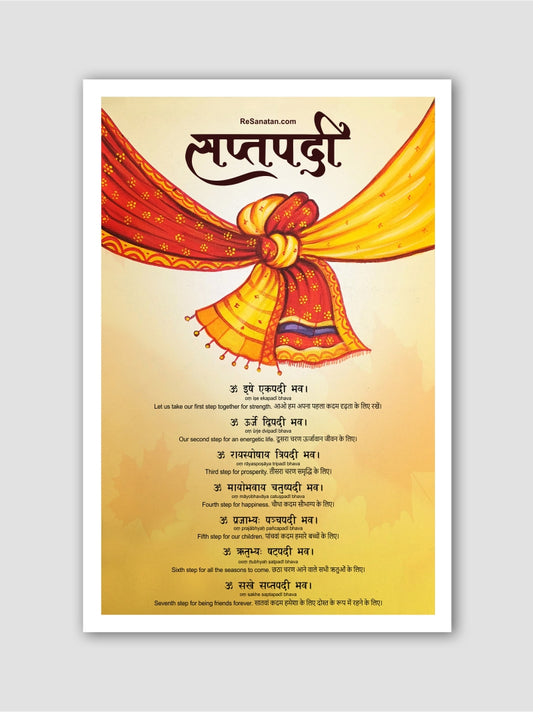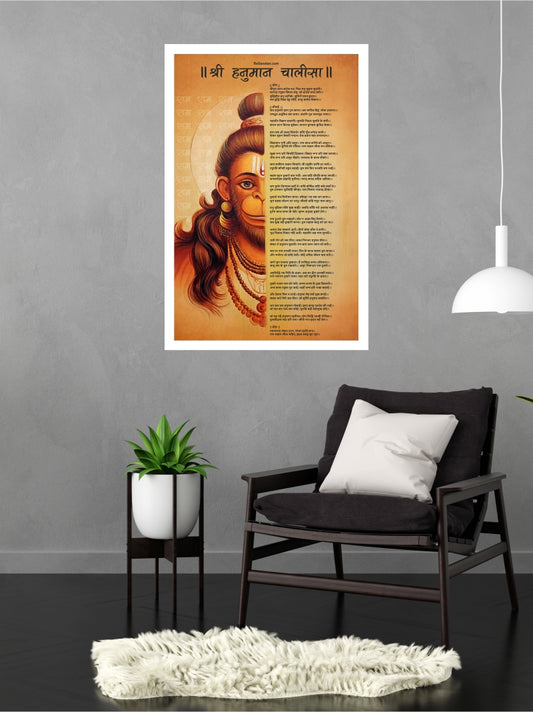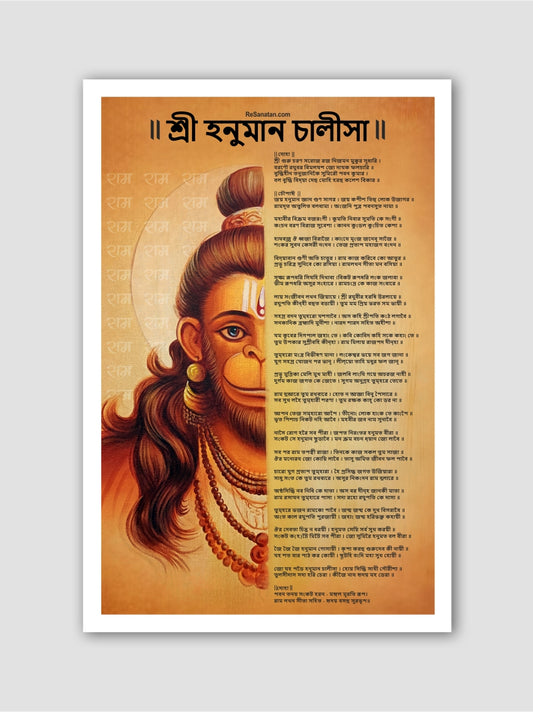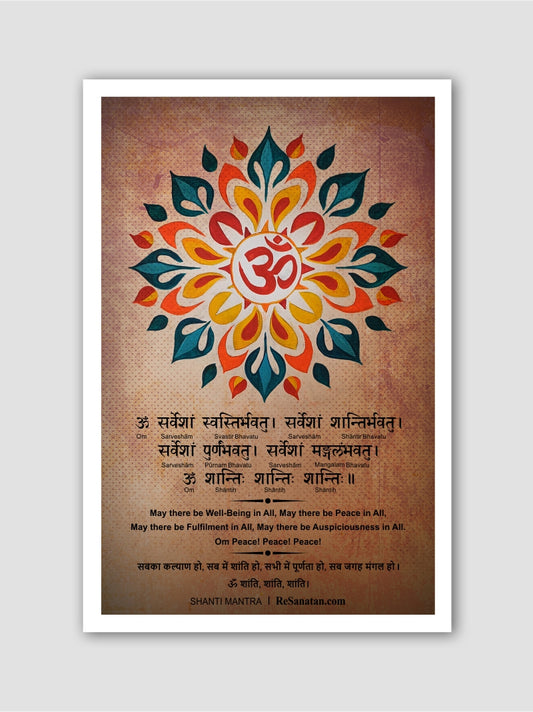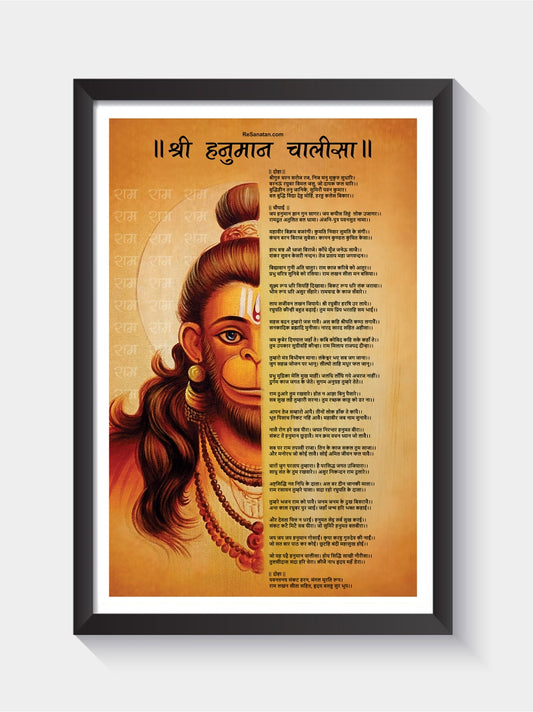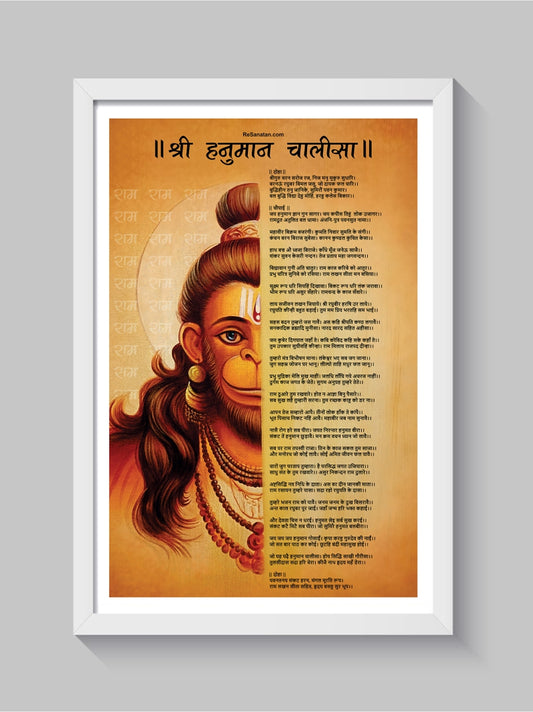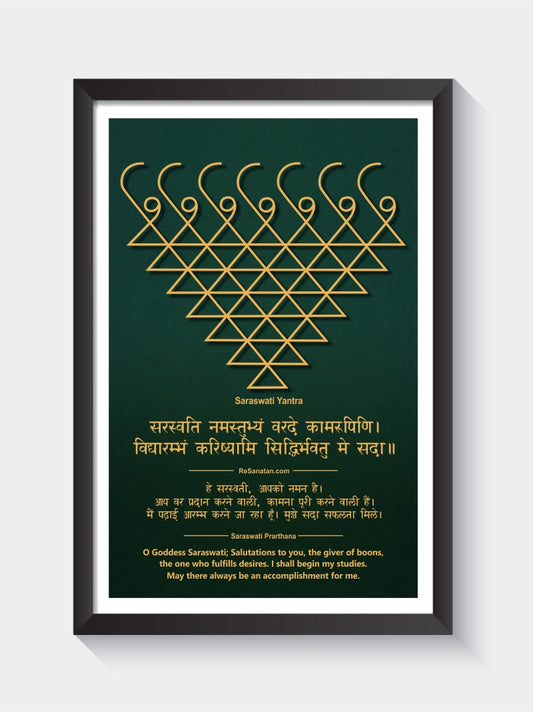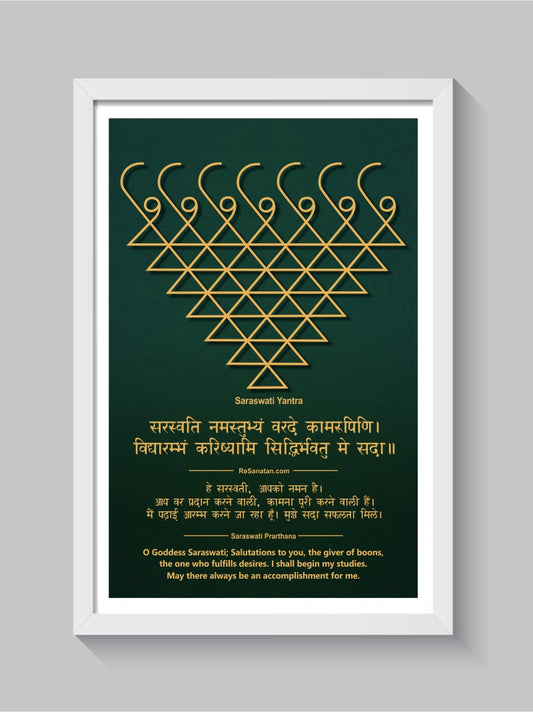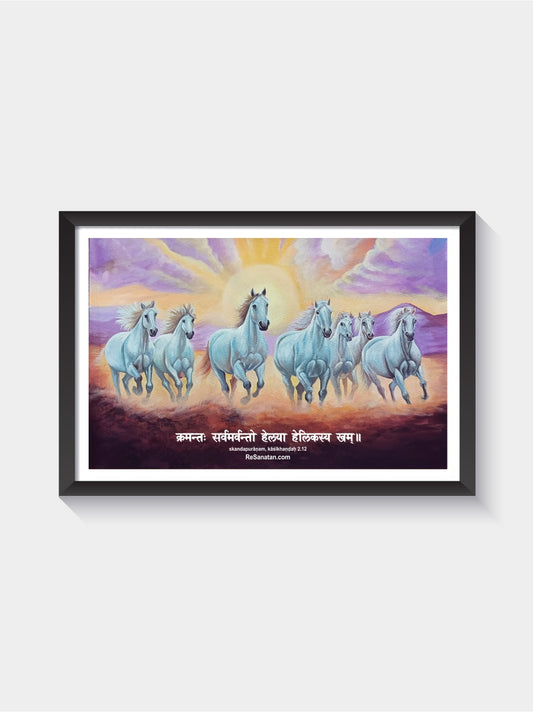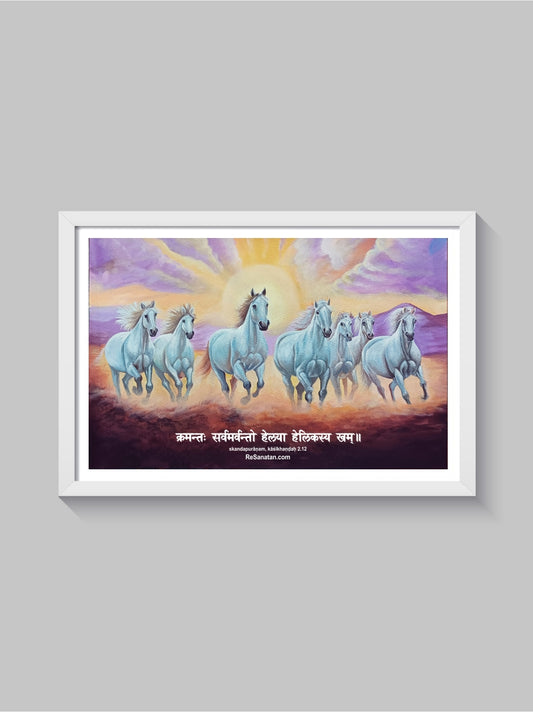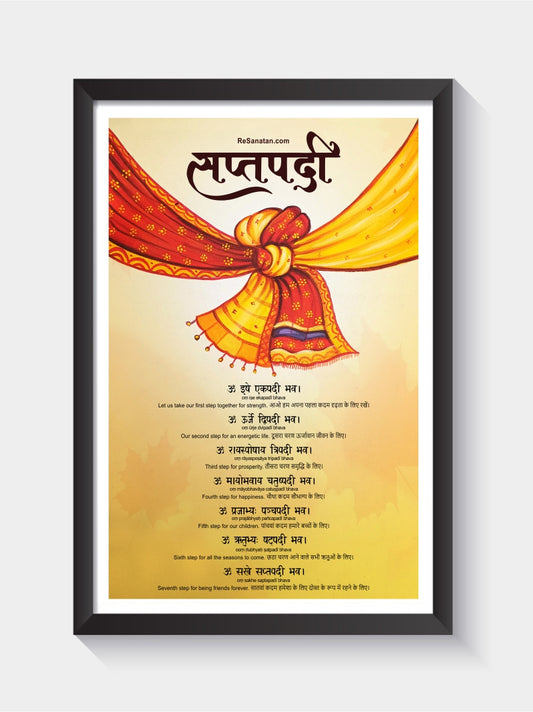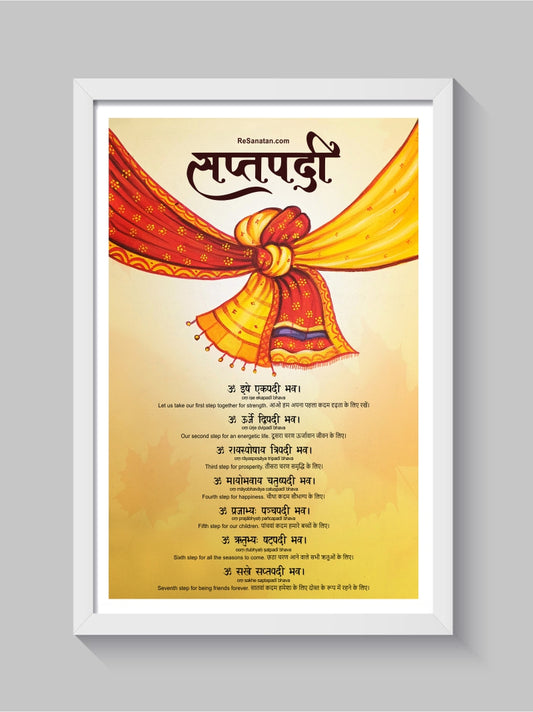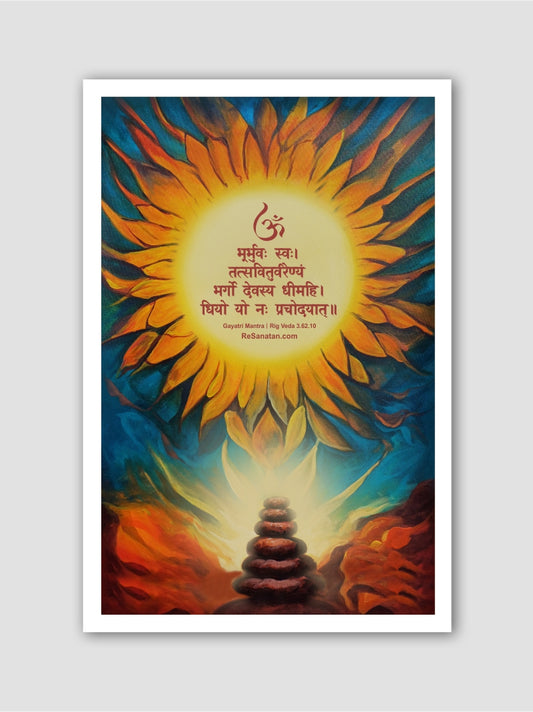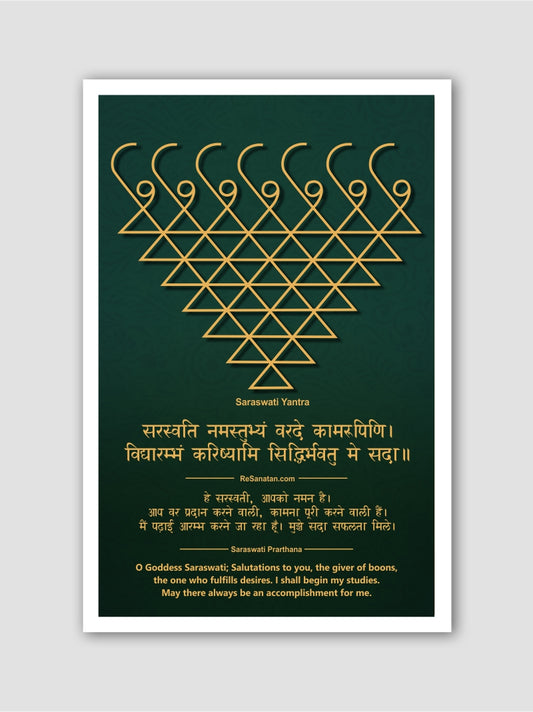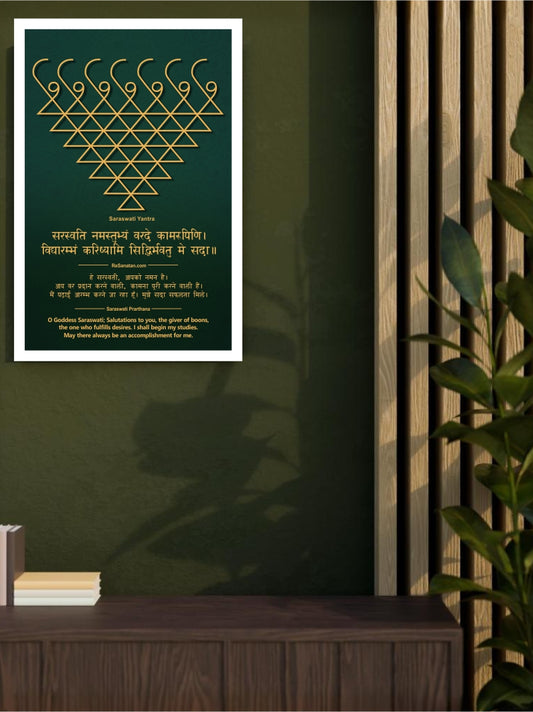Kalidasa: The Immortal Bard of Ancient India
Share
Kalidasa, often hailed as the Shakespeare of ancient India, was a prolific Sanskrit poet and playwright who left an indelible mark on classical Indian literature. His works have endured the test of time, captivating readers and enthusiasts for centuries. This article delves into the life, works, and legacy of Kalidasa, exploring the reasons behind his fame, the circumstances of his death, his major literary contributions, the captivating story of his life, and the influences that shaped his genius.
I. Early Life and Background:
Kalidasa's exact birth and death dates remain a subject of debate among scholars, but it is widely believed that he lived during the Gupta period, roughly between the 4th and 5th centuries CE. He was born in Ujjain, an ancient city in central India, which played a crucial role in shaping his cultural and intellectual background. Little is known about his family and early education, adding an air of mystery to his formative years.
II. Rise to Prominence:
Kalidasa's meteoric rise to prominence is often attributed to his unparalleled poetic talent and profound understanding of classical literature. Legend has it that he began his career as an unlettered shepherd until a chance encounter with the erudite princess, Mandakini, transformed his life. The story goes that Kalidasa, inspired by the princess's disdain for his lack of education, sought the blessings of the goddess Kali. His devotion and penance were rewarded with divine intelligence, endowing him with poetic brilliance and scholarly wisdom.
III. Works of Kalidasa:
Shakuntala: One of Kalidasa's most celebrated works is the play "Abhijnanasakuntalam" or "Shakuntala." This timeless masterpiece is a captivating love story between King Dushyanta and the enchanting Shakuntala, a celestial nymph raised by sage Kanva. The play seamlessly weaves elements of love, fate, and duty, showcasing Kalidasa's mastery over the art of storytelling.
Meghaduta: Another gem in Kalidasa's literary crown is the poem "Meghaduta" or "The Cloud Messenger." This lyrical composition narrates the plight of a Yaksha who, banished to the Himalayas, implores a passing cloud to carry his message of love to his beloved wife. The poem is celebrated for its evocative imagery and profound expression of yearning and separation.
Raghuvamsha: Kalidasa also left an indelible mark in the realm of epic poetry with his composition "Raghuvamsha." This epic traces the lineage of Lord Rama and extols the virtues of the Raghu dynasty. Kalidasa's poetic brilliance shines through as he weaves a narrative that combines history, mythology, and moral lessons.
Kumarasambhava: "Kumarasambhava" is another epic poem by Kalidasa that explores the divine marriage of Lord Shiva and Goddess Parvati and the birth of their son, Kartikeya. The poem delves into themes of love, devotion, and the cosmic balance, showcasing Kalidasa's profound spiritual insights.
Ritusamhara: Kalidasa's lyrical prowess extends to the realm of nature poetry with "Ritusamhara" or "The Six Seasons." This work beautifully captures the nuances of each season, celebrating the cyclical rhythm of nature.
IV. The Mystery of Kalidasa's Death:
The details surrounding Kalidasa's death remain shrouded in mystery and conjecture. Various accounts and legends exist, each contributing to the enigma surrounding the poet's demise. One popular narrative suggests that Kalidasa, disheartened by criticism of his last work, "Urvashi," took his own life. Another version proposes that he drowned in the river while attempting to recite a verse standing on a boat, highlighting the tragic end of a poetic genius.
Despite the uncertainty surrounding the circumstances of his death, Kalidasa's legacy persists, leaving an indelible mark on the literary landscape of ancient India.
V. Kalidasa's Legacy:
Kalidasa's enduring legacy can be attributed to several factors:
Artistic Brilliance: Kalidasa's unparalleled poetic talent and mastery of various literary forms have established him as one of the greatest poets in Sanskrit literature. His ability to weave intricate narratives, evoke deep emotions, and paint vivid imagery with words continues to captivate readers across generations.
Cultural Impact: The themes explored in Kalidasa's works, such as love, duty, and the cosmic order, resonate with universal human experiences. His writings have become a cultural touchstone, influencing subsequent generations of writers, poets, and artists not only in India but also across Asia.
Spiritual Insights: Kalidasa's works often delve into the spiritual and philosophical realms, offering profound insights into the nature of existence, the divine, and the interconnectedness of all things. His exploration of these themes has made his works not only literary masterpieces but also sources of spiritual contemplation.
Language and Style: Kalidasa's command over the Sanskrit language is unparalleled. His poetic dexterity, rich vocabulary, and innovative use of metaphor and simile set a high standard for classical Sanskrit literature. His works continue to be studied for their linguistic brilliance, contributing to the preservation and understanding of the Sanskrit language.
Influence on Later Literature: Kalidasa's influence extends beyond his own time, inspiring generations of poets and writers. His impact can be seen in the works of later luminaries, such as Rabindranath Tagore, who drew inspiration from Kalidasa's themes and style in their own literary creations.
VI. Kalidasa's Quotes:
Kalidasa's verses, whether directly quoted or indirectly referenced, continue to resonate as profound expressions of the human experience and the timeless wisdom of classical Indian literature.
"A fool's mind is at the mercy of his tongue and a wise man's tongue is under the control of his mind."
This quote reflects Kalidasa's understanding of the relationship between wisdom, self-control, and verbal expression. It suggests that a wise person exercises control over their speech, while a foolish individual may impulsively reveal the nature of their thoughts through words.
"The beauty of moonlight does not only come from the moon but from the tree it falls upon."
Kalidasa often used nature as a metaphor for deeper philosophical truths. In this quote, he suggests that the perceived beauty of an object, like moonlight, is not solely derived from the object itself but is also influenced by the context in which it exists.
"Look to this day, for it is life, the very life of life. In its brief course lie all the realities and truths of existence."
While the exact origin of this quote is debated, it is often attributed to Kalidasa. This profound reflection encourages individuals to appreciate the present moment, recognizing that life unfolds in the here and now, encompassing all the realities and truths of existence.
"A man is great by deeds, not by birth."
Kalidasa's emphasis on the significance of actions over one's social status or birth is evident in this quote. It underscores the idea that true greatness is achieved through virtuous deeds and contributions to society.
"Everything is unreal, as clear as a dream, without substance; yet it is there as if in reality."
This quote delves into the transient and illusory nature of the world, a theme often explored in Kalidasa's works. It echoes the philosophical concept of Maya, emphasizing the impermanence and dream-like quality of the material world.
"Learning is not a virtue, but the ability to learn."
Kalidasa places a premium on the capacity for learning rather than mere accumulation of knowledge. This quote suggests that true virtue lies in the ability to continuously learn and adapt, acknowledging the dynamic nature of wisdom.
"In every delight there is an element of delight borrowed from the objects we are most in love with."
Kalidasa often explored the interplay between emotions and external stimuli. This quote suggests that the joy experienced in various aspects of life is often influenced by the objects, people, or experiences that hold a special place in one's heart.
"Time, which sees all things, has found you out."
This line reflects Kalidasa's recognition of the inevitability of time and its role in revealing the truth. It conveys the idea that time, as a witness to all events, eventually uncovers hidden realities.
In conclusion, Kalidasa stands as a towering figure in the annals of classical Indian literature. His life, works, and legacy continue to fascinate and inspire, transcending the boundaries of time and culture. Kalidasa's contribution to Sanskrit poetry and drama remains unparalleled, and his enduring influence ensures that the name Kalidasa will forever be synonymous with artistic brilliance, cultural richness, and timeless wisdom.

